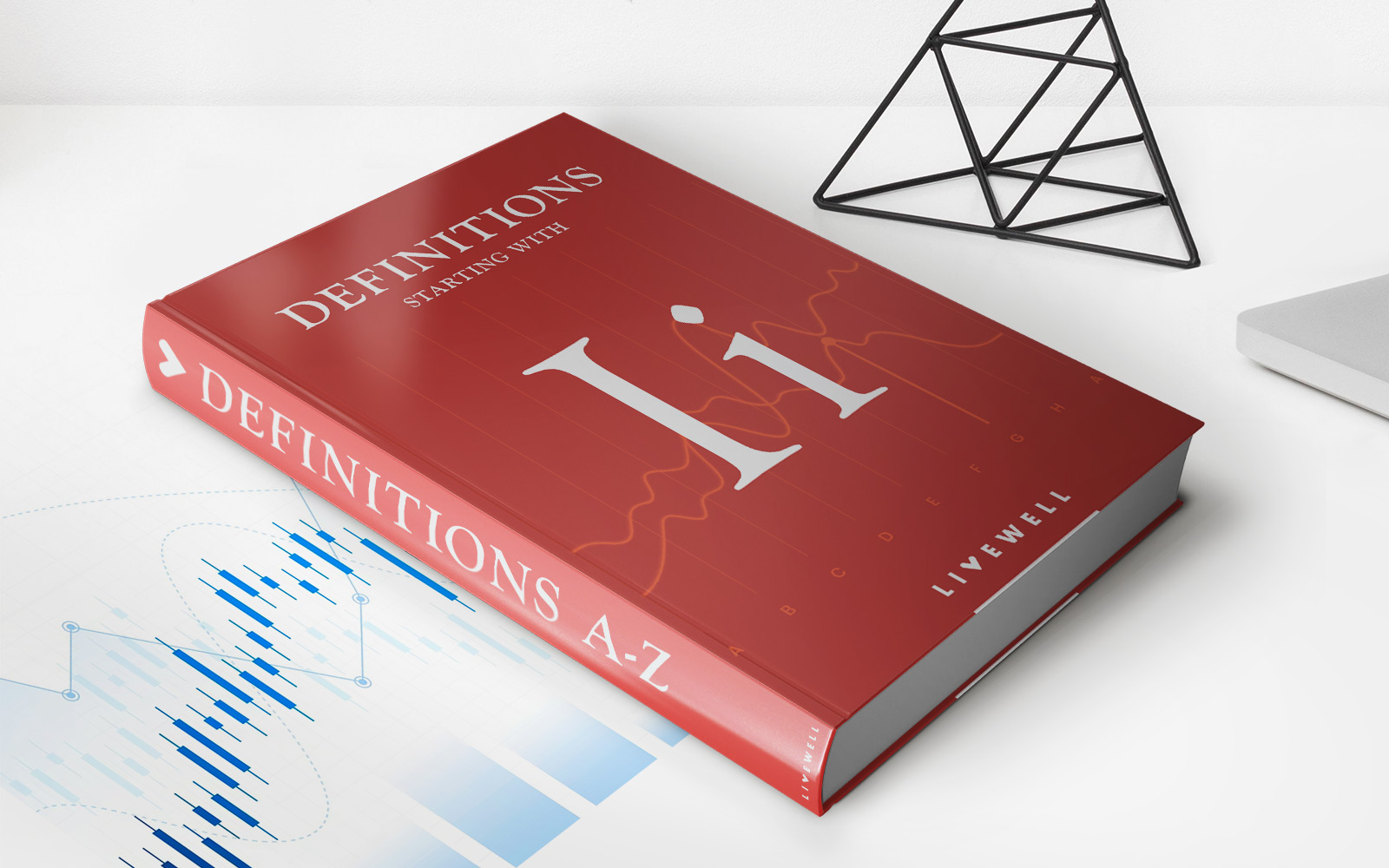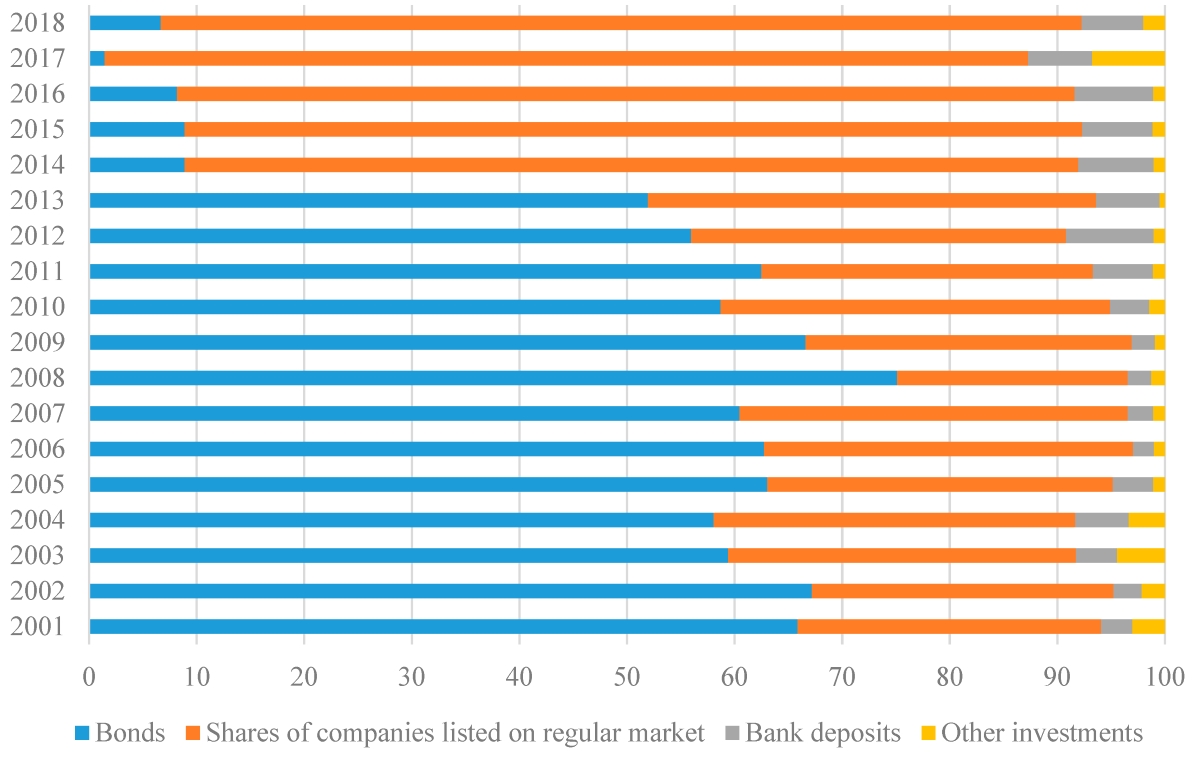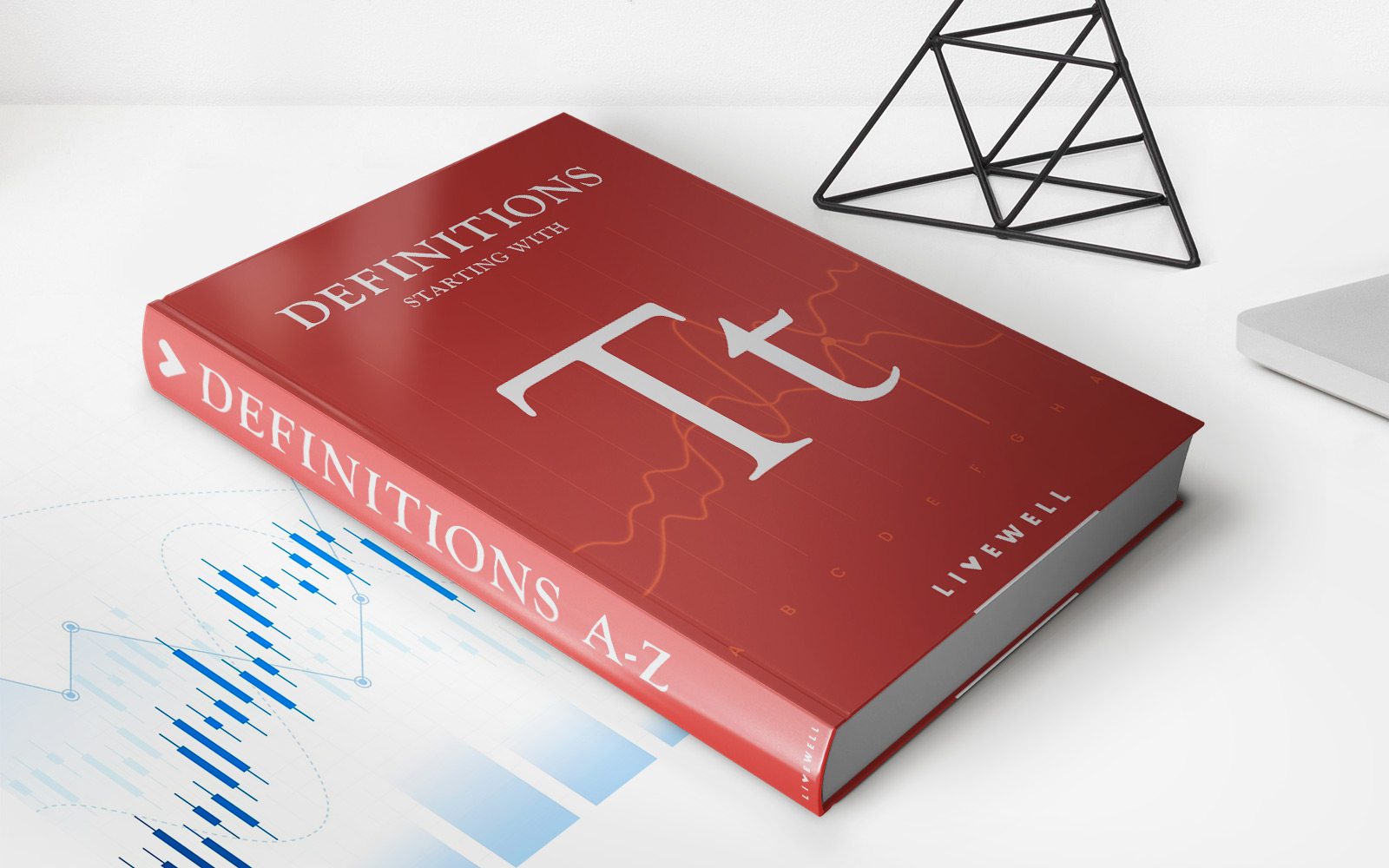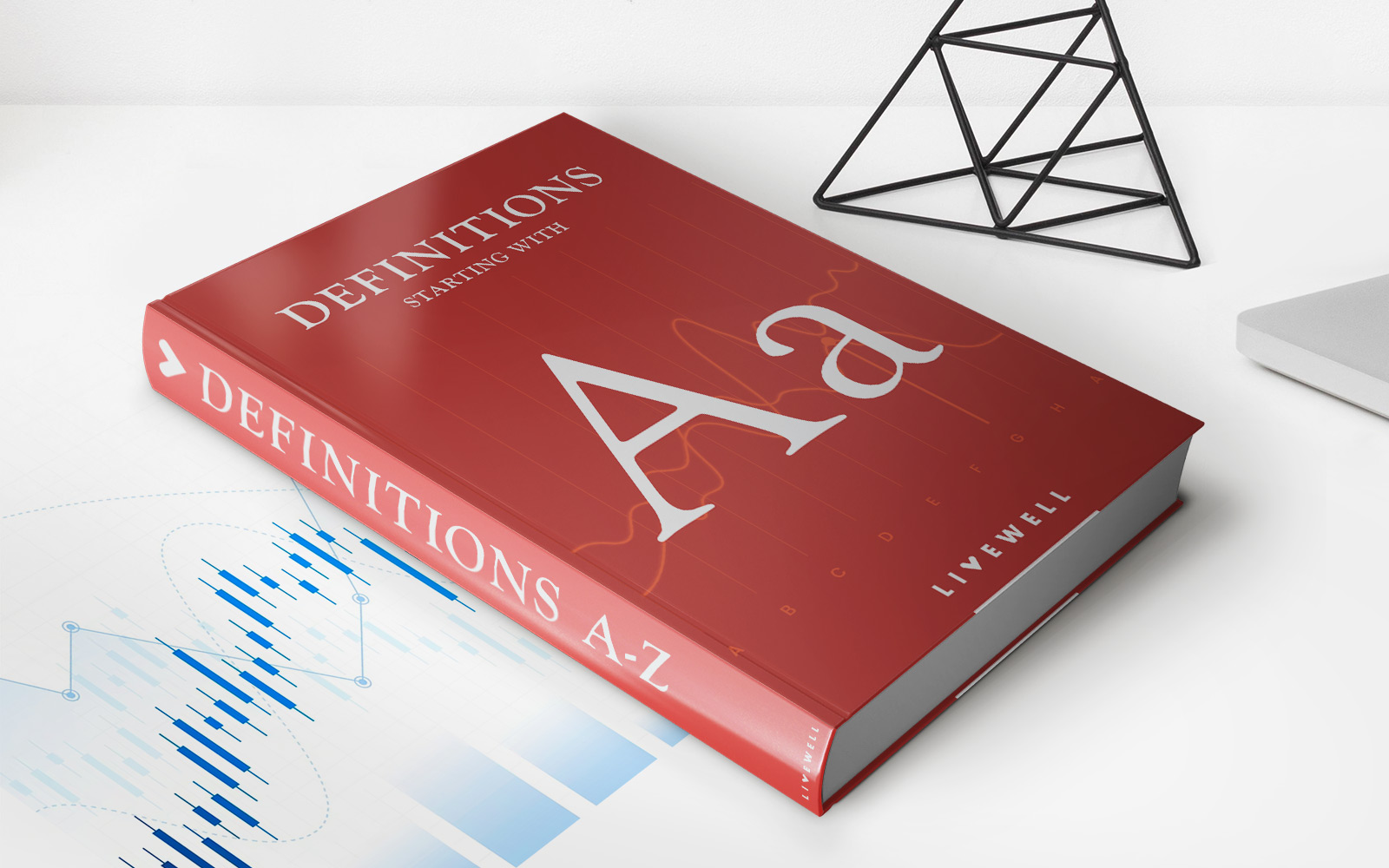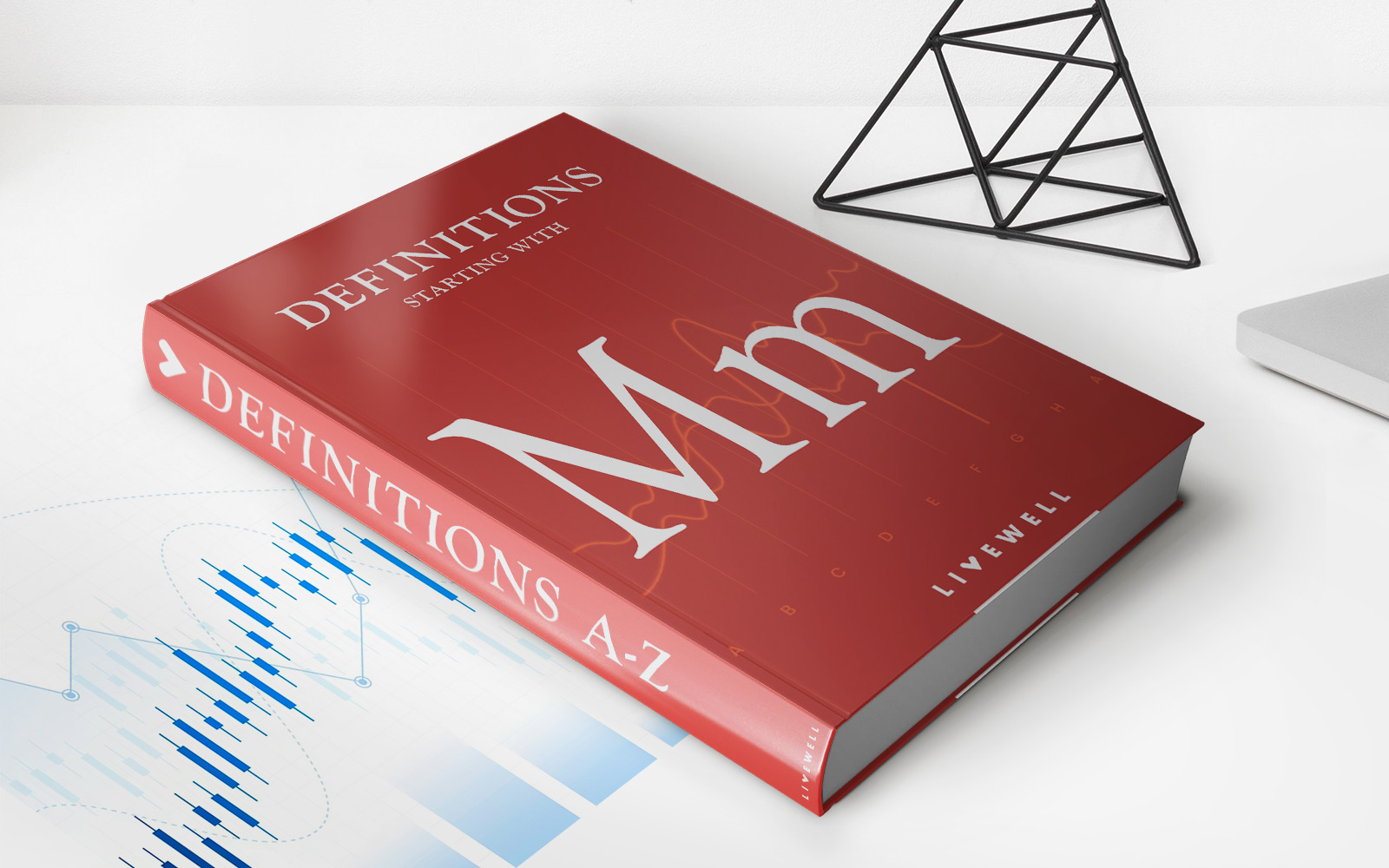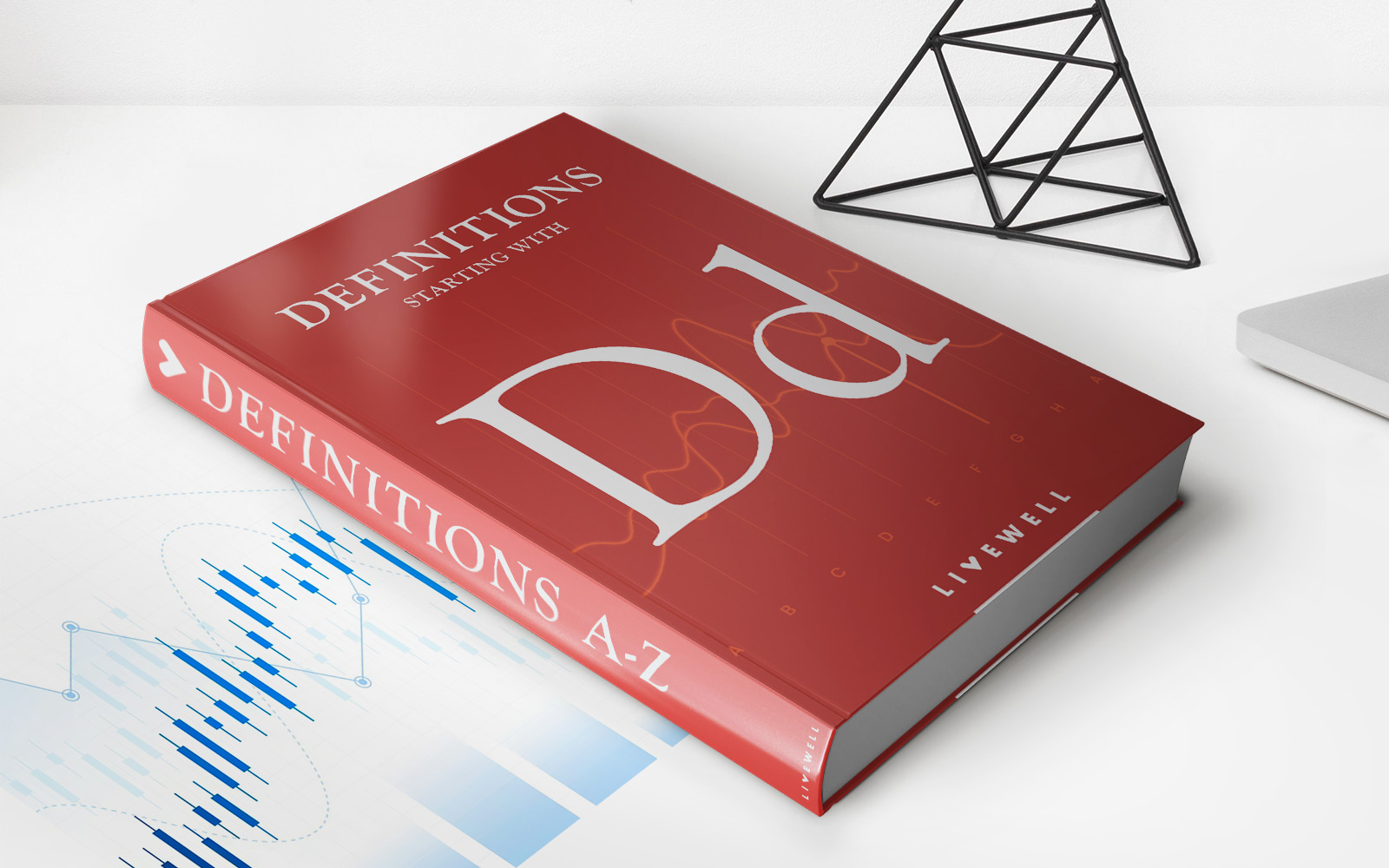

Finance
ETF vs Index Fund: Which Should You Use?
Modified: September 6, 2023
Find out what makes ETF vs Index Fund different from each other despite their similarities and determine which one you should use to start investing.
(Many of the links in this article redirect to a specific reviewed product. Your purchase of these products through affiliate links helps to generate commission for LiveWell, at no extra cost. Learn more)
One of the simplest ways to get started with investing is through ETF vs Index Fund. But often, most people use the two funds interchangeably. Both ETFs and Index Funds are similar in many ways but they also have subtle differences. If you are a beginner investor, it is essential to know what sets these two apart from each other.
Read on to learn more about ETFs and Index Funds, and the different factors you have to consider to decide which of the two should you use.
An Overview Of ETF vs Index Fund
Exchange-Traded Funds (ETFs) are baskets of securities traded on an open exchange. They can be bought or sold at any time just like a regular stock. ETFs also have lower costs such as taxation and management fees. They tend to be preferred by passive institutional investors.
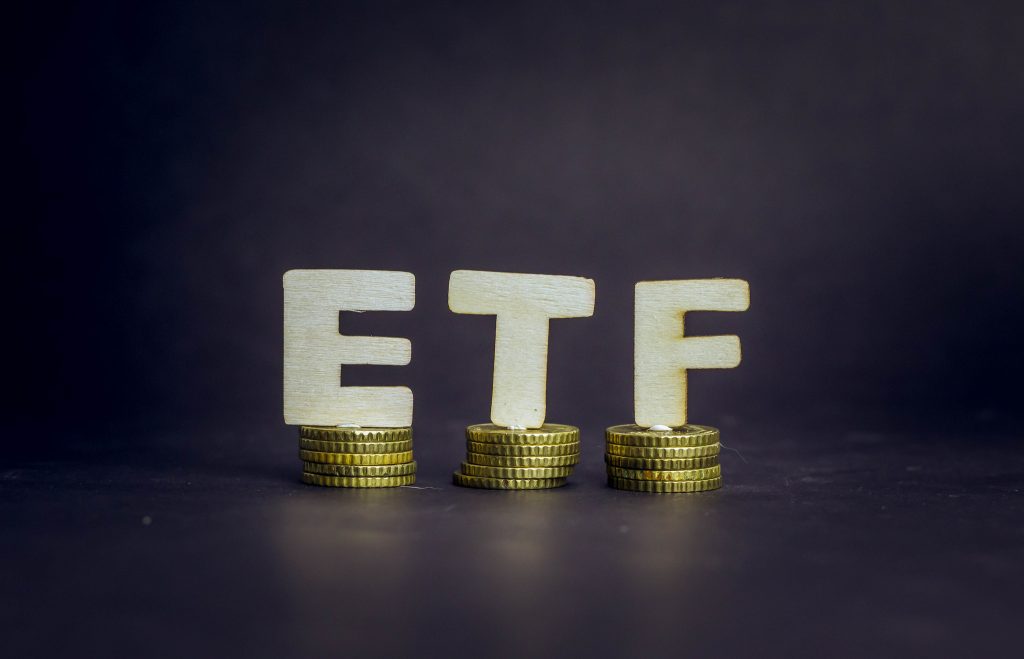
Photo by Marco Verch from Flickr
Index funds are a passive investment strategy where investors do not need a brokerage account or deposit. Usually, they can be purchased through the investor’s bank. These funds may represent large companies, small companies, or companies separated by industry. Index funds also include and track stocks without trying to beat them.
Similarities Of ETF vs Index Fund
Both ETF vs Index Fund are designed to track the performance of an index. Indexing relies on passive investing strategies. The primary reason for this is that ETFs and Index Funds can often beat actively managed funds in the long run. An index is a group of securities used by investors to describe the performance of the stock market. It typically uses a weighted average of all the securities in the group to generate a value called a level.

Photo from Max Pixel
If you want to recreate the performance of an index, you would have to buy each individual company’s shares listed in the index and in the exact amounts that the index specified. ETFs and Index Fund can purchase exactly the number of shares of each company that it takes to mimic the index’s weighting. Both also use scale in minimizing the costs associated with buying and selling stocks.
Expense Ratio
ETF vs Index Fund companies charge a small fee known as the expense ratio to cover the costs of managing the portfolio. The expense ratio is the percentage of assets under management that investors pay to the ETF or index mutual fund company. For instance, it could be the total amount a shareholder has invested in the fund.

Photo by Steve Buissinne from Pixabay
When an investor buys a share of an ETF or index mutual fund, they are buying a portion of the underlying portfolio. That way, they can get by owning shares of each individual security. This makes it much more affordable and easier to match the performance of their specified index. Investors can choose from lots of indexes, deciding which one is right depends on a lot of personal factors such as investment goals and tax planning strategy.
Differences Between ETF vs Index Fund
Here is a comparison of the differences between ETF vs Index Fund:
- ETFs trade like stocks throughout the day so investors can buy and sell shares on the open market. Index funds trade once a day after the market closes which gives investors less control over the price at which they buy or sell shares.
- If they are bought free of commission, ETFs are often cheaper than index funds.
- Index funds do not require investors to pay a commission to a brokerage company, but ETFs do.
- ETFs are more tax-efficient in comparison to index mutual funds.
- Index funds allow shareholders to reinvest their dividends automatically without commission, while ETFs do not usually offer that service.
- ETFs often have lower minimum investments than index mutual funds which lower the barrier to entry for beginner investors.
- Index funds allow investors to buy a set dollar amount of the fund on a regular basis, while ETFs require to buy whole shares
- ETFs usually have expense ratios that are less than or equal to index mutual funds.
Advantages of ETFs
1. Lower Expense Ratios
An advantage of ETFs over index funds is that they typically have lower expense ratios. Even if from the same company, the expense ratios of an ETF are very low than those of the index mutual fund.
2. Tax Efficiency
ETFs are sold on an exchange meaning there has to be a buyer for every share sold. This makes it generally more tax-efficient than index funds. When a dealer or broker wants to redeem shares for the underlying assets, the manager can exchange securities that have the greatest amount of capital appreciation. This takes out the potential tax liability.
While they are holding shares, ETF investors do not have to worry much about capital gains taxes at all. Taxes only come in when they sell shares, and they may have to pay taxes on any capital gains made on the investment.
Photo from MaxPixel
3. Lower Minimum Investments
With just one share of an ETF, ETF investors can start investing. The share does not cost very much. This is compared to many index funds that require you to invest a minimum amount before you can get started.
4. Greater Liquidity And Flexibility
ETFs have much greater liquidity than index funds since they are traded on an exchange throughout the day. Investors can buy or sell shares all day, unlike index mutual fund trades that are all settled in bulk at the end of the day. If the price of underlying assets drops mid-day but comes back by the end of trading, index fund investors have no way to capitalize on that drop.
Since ETFs are traded on an exchange, they offer more flexible investment options. Investors can put in limit, stop orders, use margin accounts to trade shares, and even buy options contracts on ETFs.

Photo by William Iven from Pixabay
Advantages Of Index Funds
1. Invest In Dollars Instead Of Shares
Index mutual funds ensure that partial shares will be issued to shareholders. If you plan to invest $500 per month in an index mutual fund, you can guarantee that the entire amount will be fully invested. This is compared to ETFs that require investors to buy whole shares on the exchange which can lead to a little bit of cash left uninvested.

Photo from Max Pixel
2. Free Of Commissions
ETFs often require investors to pay a broker to execute a trade for them, making them more expensive despite their lower expense ratios. Meanwhile, index funds do not require investors to pay a commission before investing in the fund. Banks make money from the expense ratio instead.
3. Automatic Dividend Reinvestments
Index funds allow shareholders to automatically reinvest paid out dividends by the fund back into more shares. Investors who choose to reinvest their dividends will see transactions happen the same day the dividend is paid out since index funds keep their own records. ETFs, on the other hand, do not always offer an option for reinvesting dividends.
Which Should You Use?
Deciding whether to start investing in ETFs or index funds depends on the individual’s situation. You would have to evaluate and consider your priorities first. For most beginner investors, index funds offer a better option than ETFs because they allow you to set up automatic investments. Meanwhile, in ETFs, you will have to manually place a trade and make additional investments. But of course, there will always be exceptions.

Photo by Chris Liverani from Unsplash
If you are concerned about minimizing taxes and only have little money to invest, then ETF may be better for you. It offers one of the cheapest ways to get started with your investment. You can buy a share of an ETF with just a few dollars. It is also generally cheaper than an index fund if you are using a broker that does not charge a trading commission.
You cannot go wrong with investing in ETF or index fund, or even both. These two provide effective ways to match the index you are looking to track and get the job done. Ultimately, it is important to know what you are looking for — commissions, expense ratios, tax efficiency, or dividend reinvestment options. These will help you make the right decision for your investment.
